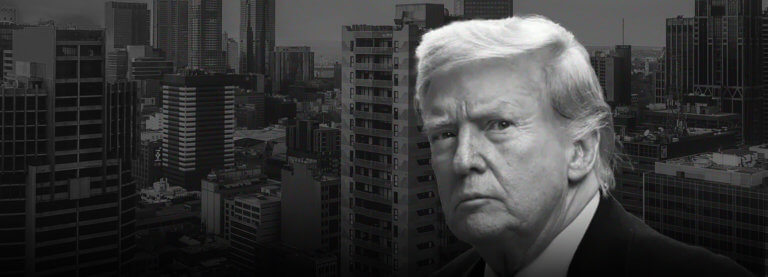
The Glass-Steagall Act was passed in the wake of the 1929 stock market crash as part of the New Deal’s package of financial reforms, and separated investment firms from commercial banks. As Matt Taibbi puts it, “Post-New Deal, if you put money in a bank, you knew it was safe, and if you bought stock, you knew what you were buying.” This was the norm for several decades until its repeal in 1999, which allowed the merger of banks, investment firms, and insurance companies, and allowed them to act as a single organization.
The merger of Citicorp and Travelers Group (which included the investment bank Salomon Brothers, which, oddly enough, sold the first mortgage-backed securities) resulted in the creation of Citigroup. Citigroup was soon joined by other conglomerates such as JPMorgan Chase and this consolidation and interdependence in the financial sector was one of the exacerbating factors in the crisis of 2008. The ability of banks to invest the funds of depositors in the pursuit of profit and ever increasing bonuses led to increasingly risky trading positions and the passing off of securities backed by garbage mortgages as AAA rated, all led to the whole thing unspooling and almost destroying the global economy. But that is a topic many smarter (and few angrier) have tackled at great length.
All this leads us to Tuesday night’s debate. All the candidates recognized the need for increased oversight and reform of Wall Street. When you view the fluid passing of staff back and forth between Congress and the Wall Street corporations they are supposed to oversee known as the “revolving door,” it doesn’t take much to understand there is much to be done to prevent another financial disaster.


